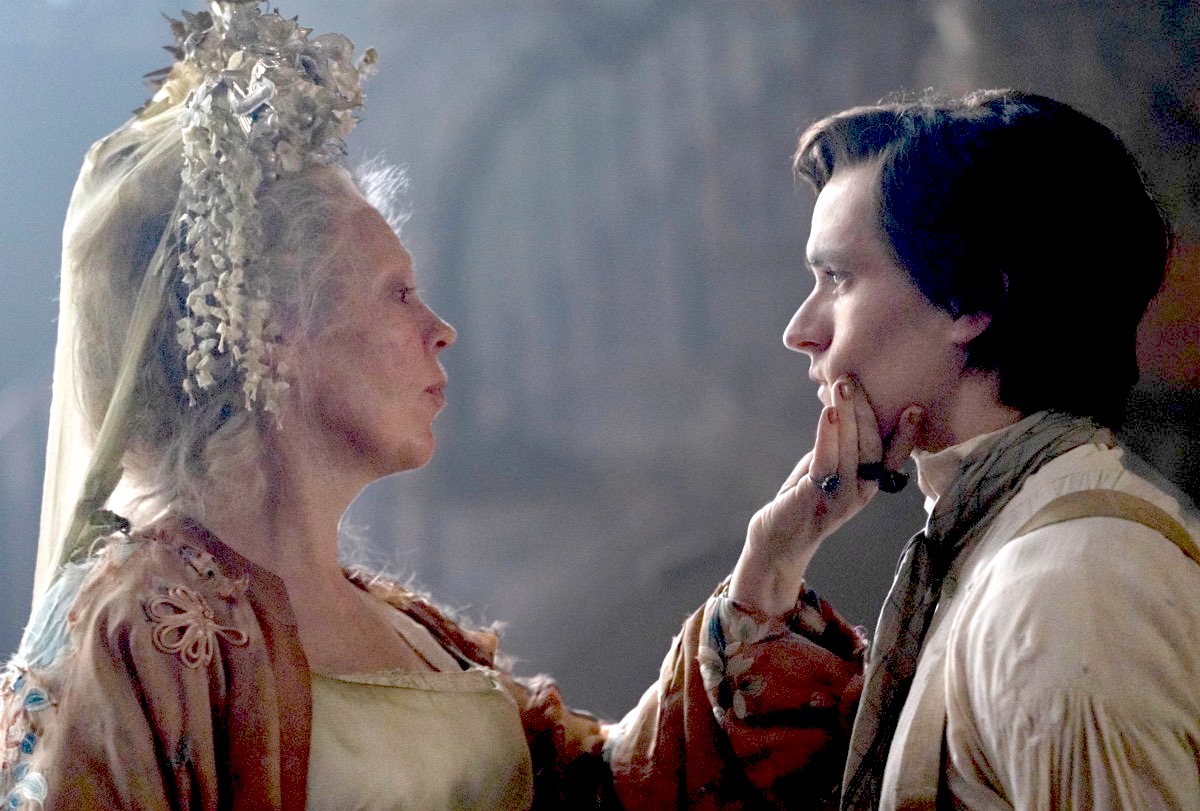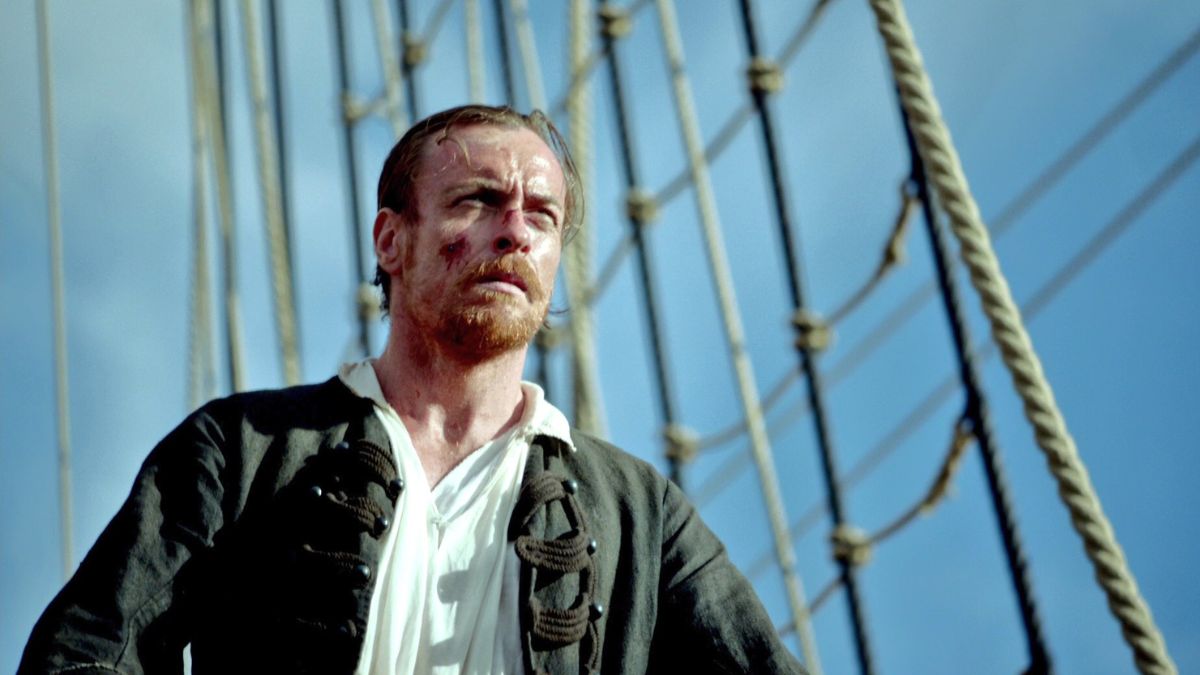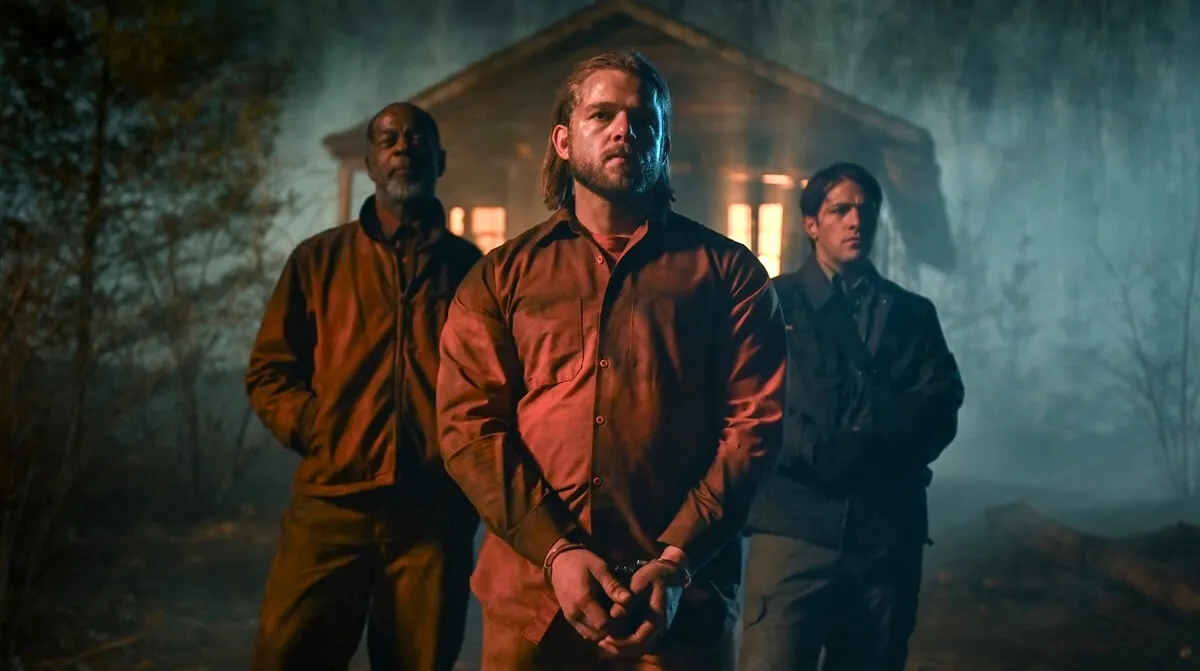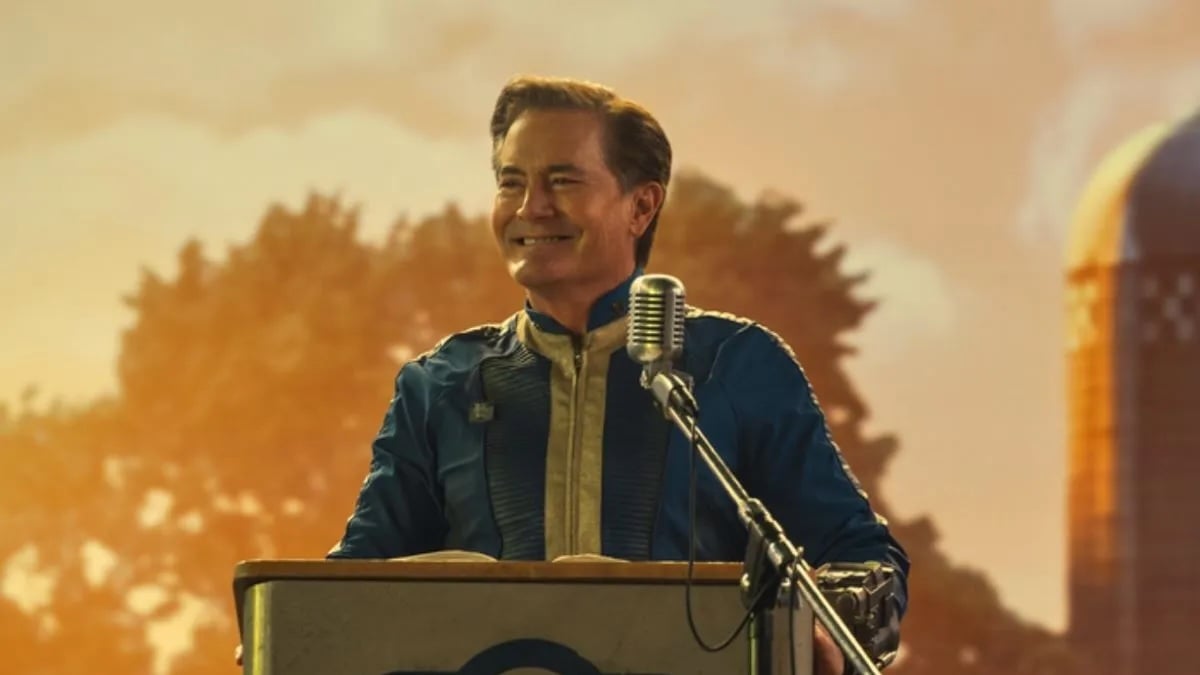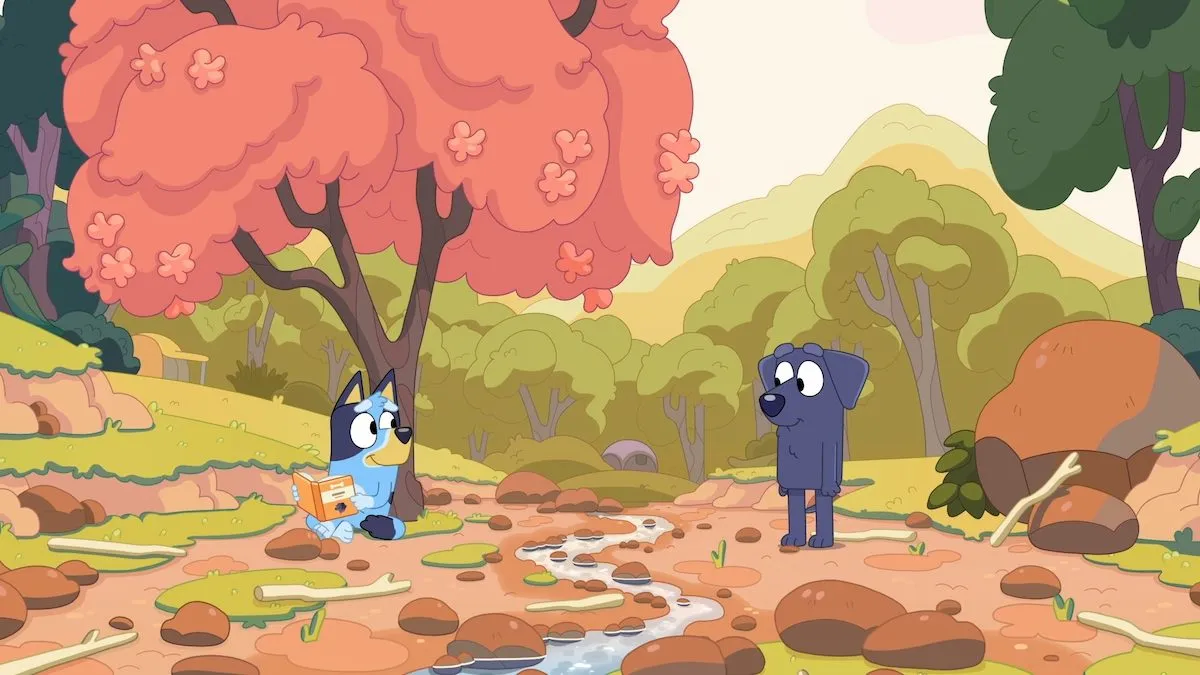Following a string of buzzy, Oscar-nominated films and a number of turns in Netflix originals like The Crown and Heartstopper, Olivia Colman has finally returned to the BBC with Great Expectations, a limited series co-produced with Hulu and whose first episode debuts this week. Though the story may be a familiar one, showrunner Steven Knight brings a sharp eye and a keen attention to detail, crafting a frigid, icy world full of striking visuals and haunting performance. While it may struggle to entirely stick the landing, FX/Hulu’s Great Expectations is an undeniably stunning limited series whose twisted sensibilities and commitment to bleakness make for a mesmerizing (if slightly strenuous) watch.
Starring Fionn Whitehead, Shalom Brune-Franklin, Ashley Thomas, and Olivia Colman, Great Expectations follows Pip (Whitehead), a young orphan living with his sister Sara (Hayley Squires) and her husband Joe (Owen McDonnell), a kindly blacksmith. Pip’s sharp wit catches the eye of the mysterious, secluded Miss Havisham (Colman), who sends for Pip to come and study manners lessons at her sprawling mansion.
Though generous with her wealth, Havisham is cruel and terrifying, often pitting Pip against her young daughter Estella (Shalom Brune-Frankling), with whom Pip quickly falls head over heels. As the years progress, Pip moves more and more towards being the proper English gentleman he’s always dreamed of, but once he turns 18 and comes under the tutelage of the terrifying Mr. Jaggers (Thomas), he quickly realizes that being a “gentleman” may come at the cost of his morality.
What’s perhaps most impressive about Great Expectations is the sheer scope and scale of the production—from dreary exterior shots of fog-filled marshes to the once-lavish and now-withered interiors of Havisham’s intricately decorated mansion, filled wall-to-wall with treasures (courtesy of production designer Sonja Klaus), the series boasts an undeniably keen eye for visuals that feels cinematic in its production value. The show’s distinctive visual flare can also be credited to cinematographers Dan Atherton and Kate Reid, whose sweeping shots and winding visuals follow Pip on his transformation from penniless orphan to proper London gentleman.
As for Pip himself, Whitehead is a steadfast leading man. There’s an earnestness and openness to his expression and delivery that makes him believable as a young man who’s a little too smart and a little too naive for his own good. Admittedly, sometimes his delivery veers towards monotone, especially when he’s playing opposite Colman and Thomas, who give much more lively, open performances. But even in scenes where he’s being overshadowed, Whitehead’s reserved expression and constantly haunted gaze align perfectly with the show’s somber tone, making Pip feel like a living embodiment of the misery and the frigidness the world represents in Dickens’ story.
But without question, it’s the colorful (often terrifying) characters who populate Pip’s life that make for the most memorable characters—particularly Thomas’ Jaggers and Colman’s Havisham. Havisham is the built-in scene-stealer of a role here, but the show is strangely sparse in its use of her. Colman’s biggest chunks of screen time come at the beginning and end of the series, nearly disappearing towards the middle stretch of episodes, once Pip has ended his lessons. It’s disappointing to see such a charismatic performance and a compelling character so underserved in terms of pure screen time. Especially considering Knight clearly has no qualms about rewriting/making changes to Dickens’ original story, one wonders why he wouldn’t opt to utilize Colman as much as possible, with the history built into the character with Estella and Magwitch.
As Havisham, Colman is everything a great Havisham should be: terrifying and ghostly, yes, but steeped in a deep, unrelenting pain of a broken heart that simply won’t leave her. Havisham’s unwillingness to let go of the past is illustrated here with lavish costume and hair design from Verity Hawkes and Niamh Morrison (as well as the aforementioned production design)—Colman is so steeped in jewels, necklaces, and swathes of fabric that you can hear it with every step she takes. Morrison and Hawkes’ expertise also extends to Estella, whose hair and costuming is clearly influenced by her upbringing from Havisham.
The lack of exploration of the Estella/Havisham relationship feels particularly frustating. Estella, as a character, is cold and hard to love, one assumes because she was raised by the harsh, brokenhearted Havisham. But though we understand why Estella acts the way she does, we don’t get to spend much time with her and see those crucial, personality-defining moments in action. Normally, the lack of time in a Great Expectations adaption with Estella could be chalked up to the fact that it’s typically narrated in first-person by Pip—a convention this series forgoes.
It’s a shame Great Expectations is so uninterested in exploring Estella beyond her capacity as a love interest for Pip. Both Brune-Franklin and Chloe Lea, as Young Estella, give compelling performances, equally and effectively embodying what a lifetime of lessons from Miss Havisham can do to her psyche.
Where the series does succeed, though, is with Mr. Jaggers—a figure who could easily fall into cartoonish, Dickensian caricature, but who becomes not only a scene-stealer, but an emotional center all on his own. Of course, Thomas shines as the deliciously evil insurance underwriter who delights in doing wrong, but he also brings a humanity and a self-doubt to Jaggers that makes him feel like the series’ true protagonist. As Jaggers, Thomas boasts an intoxicating combination of charm and coldheartedness—Jaggers is deplorable, yes, but there’s a self-awareness that makes him achingly human just when he’s at his most monstrous.
It’s characters like Jaggers and Havisham that make the cruelty and the bleakness of Knight’s Great Expectations feel so all-encompassing and somehow beautiful: It can be a cold, frustrating watch at times, but also an undeniably compelling one. Though Pip isn’t the most compelling of leading men and the series’ female characters (outside of scene-stealer Sara) are at times underutilized, there’s enough stylistic flare and intricate character work to make Knight’s take on Great Expectations a memorable one.
(featured image: FX/Hulu)



